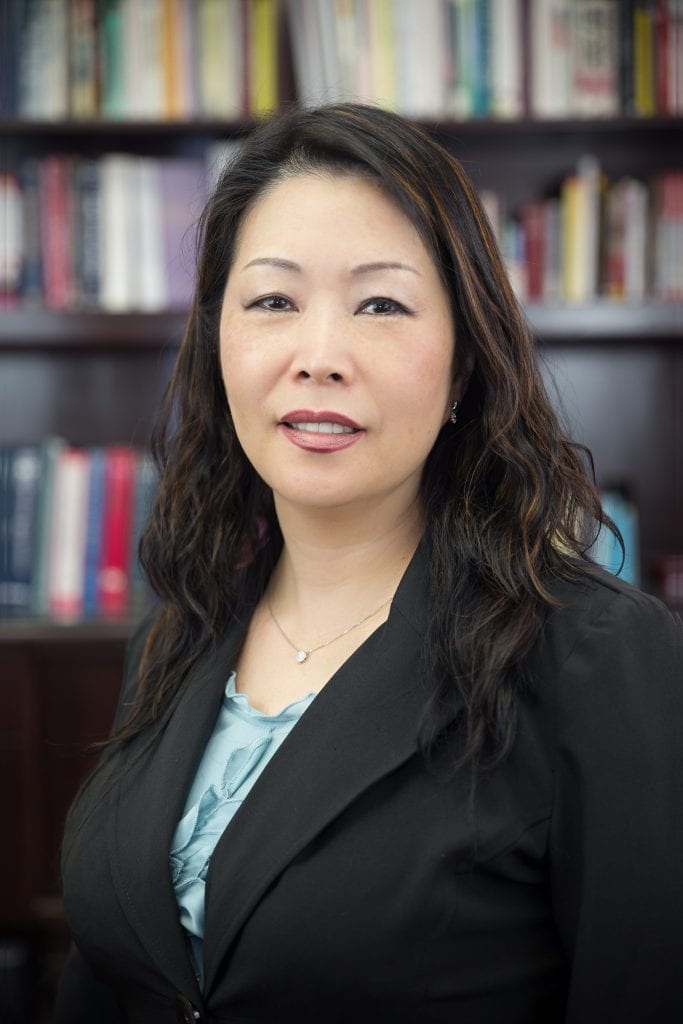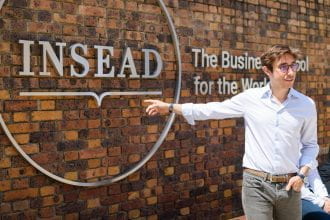 The morning of August 6, 1945, the sky exploded above Hiroshima, Japan. A gigantic fireball 10 times brighter than the sun and five times bigger consumed everything in its path, its searing heat instantly killing an estimated 60,000-80,000 people and many more later.
The morning of August 6, 1945, the sky exploded above Hiroshima, Japan. A gigantic fireball 10 times brighter than the sun and five times bigger consumed everything in its path, its searing heat instantly killing an estimated 60,000-80,000 people and many more later.
Shinji Mikamo, a young radio engineer, was less than a mile from the bomb’s epicentre, helping his father remove tiles from the roof of their house. At 8.15 a.m. that day, time stopped, replaced by agony and devastation as a massive tower of radioactive smoke rose 40,000 feet above the ruined metropolis.
The Allies had dropped “Little Boy,” a 10,000-pound atomic weapon with the force of 15 kilotons of TNT. It ushered in the nuclear age and the climax of a world war that had raged for six years and claimed 85 million lives.
The bomb transformed Hiroshima into hell. Flames spread everywhere across the flat terrain. The explosion produced a deafening roar and buried Shinji in the rubble of his home. He was badly burned and near death. And yet, despite his proximity to the blast, he survived, thanks to his father’s fierce encouragement in the days after the attack. Equally astonishing, Shinji’s physical ordeal did not destroy his humanity. He never lost faith in goodness, even in the face of monstrous adversity. In fact, he was able to transcend in a way that epitomised the Buddhist teachings that had provided him with a philosophical framework. He will turn 89 in February 2015.
His incredible story is the subject of Rising from the Ashes, a book written by his daughter, Dr. Akiko Mikamo, EMCCC ’11. She is a medical psychologist and executive coach at US-Japan Psychological Services and president of San Diego-WISH (Worldwide Initiative to Safeguard Humanity), a non-profit whose mission is to promote peace across cultures and nations. Her efforts have earned her global recognition, including the World Peace and Prosperity Foundation’s 2014 Award, which she received in November at London’s Westminster Palace.
Akiko was born 16 years after World War II in a new Hiroshima, a city of “thriving culture, commerce, and education,” as she writes in her book’s Afterword. Yet, the war remained a presence, asserting itself through survivors’ recollections. Akiko credits her father for instilling in her early the life-affirming values that have inspired her professional journey. In sharing his wartime experiences, he always emphasised a message of forgiveness and the need to bring people together. He even told her it was wrong to hate Americans—“It’s the war to be blamed,” he insisted. He encouraged her to be a “bridge” among cultures and to contribute to world peace. She’s doing that through her clinical and consulting work and through the annual events, seminars, workshops, and teaching materials that San Diego-WISH produces.
“Since I was very small, I had this notion of helping. Ever since I can remember, I was quite different from other kids in the neighbourhood,” says Akiko. “Some kids enjoy being loud and bickering, but I loved quiet and hearing stories. I would ponder as a child.”
As early as 3, Akiko knew that she wanted to make a difference. In addition to her father’s stories, she grew up with an older sister whose serious disabilities, physical and mental, also stirred Akiko’s passion to see past differences to find connections that could unite people.
“Initially, I wanted to take care of orphans,” she recalls. “By about age 6, I wanted to be a teacher, helping children learn—not only academic subjects, but also about the humanities and how we could create better friendships.”
Akiko tutored her second-grade classmates and tried to resolve conflicts throughout her youth. Later, at Hiroshima University, she supported high-school students who were experiencing family crises. She went on to earn a doctorate in psychology from Alliant International University, and then her executive master’s of consulting and coaching from INSEAD, an experience that was pivotal.
“Going to INSEAD was like paradise for me,” Akiko says, citing the school’s diversity and academic quality as elements that attracted her. “I’d always liked going to different countries and learning about different cultures, and this was my everyday experience at INSEAD. The school really opened new doors for me.”
Her INSEAD colleagues also spurred her to write her father’s story, a project that she had intended to do since age 10. “I was waiting for the right moment,” she says, although as her father grew older so did the project’s sense of urgency.
An INSEAD family business class finally provided the impetus for Rising from the Ashes. In that course, Akiko presented the background of her father’s small business. “I couldn’t speak about the business without talking about the atomic bomb,” she says, noting that she spoke matter-of-factly and without imparting additional drama to the story. “As I finished the presentation, I noticed that half of the class was tearful. They were really moved and encouraged me to write the book,” she says. “My classmates were the catalyst I needed.”
Akiko and Jeremy Wall, MBA ’98D, CEO of Polaris Pictures, are adapting her book into a Hollywood motion picture called “8:15,” the hour when the Hiroshima bombing froze time. Filming is scheduled to begin in 2015.
Akiko says that her father’s story of survival and forgiveness—the subtitle of her book—offer insights for the business professionals she coaches as part of her consulting practice. “With executives, there are often a lot of grudges and many people who feel victimised by management or colleagues,” she says. These “hidden wounds” act as toxins that can produce major organisational problems.
“Bitterness becomes very toxic, within ourselves and our organisations,” says Akiko, whose work involves helping people resolve tensions, including by becoming more empathetic. She also integrates her clinical skills as an executive coach at the INSEAD Global Leadership Centre (IGLC).
One way she does this is by teaching people to become more forgiving—a complex task given culturally determined differences about the very concept. For one culture, forgiveness may involve deep personal regret and a heartfelt appeal to reconcile; for another culture, forgiveness may assume a more superficial quality. To help her clients find common ground, Akiko uses a ping-pong ball to show how two people can sometimes both be right.
“Someone might argue that the ball is white,” she says. “Another will argue that it is round. Their perspectives are based on the qualities that are the most important to them. But of course both are right.”
Akiko says that people often fear that they must always be right, or else risk having their voice unheard. Yet, reality is fraught with circumstances that are more “grey” than “black and white,” making determinations about right and wrong more difficult. As evolved human beings, we should be able to “tolerate ambiguity” and still make tough decisions. “We also should try to see the depths of that grey,” says Akiko.
Yet, in a world where headlines scream with little time for nuance, how does Akiko maintain her optimism? Once again, her father’s example provides a guide.
“He never dwells on the past. He always wants to move forward into a better future,” says Akiko, whose grandfather—Shinji’s father—perished in the weeks following the bombing, as did a maternal aunt and uncle. “My experiences with the goodness and warmth of people keep me positive. When I can bring people together in my professional capacity, this also gives me great hope.”
Shinji Mikamo’s story offers hard evidence of man’s inhumanity to man. Yet, from the bleakest battleground emerges the miracle of reconciliation, reaffirming the human spirit’s most noble qualities—if we have the “courage to forgive,” as Akiko says.
“After the war, the worst enemies became the strongest allies,” she notes. “Rather than fixate on right and wrong, we should cultivate the idea of the human family. We all are one.”


